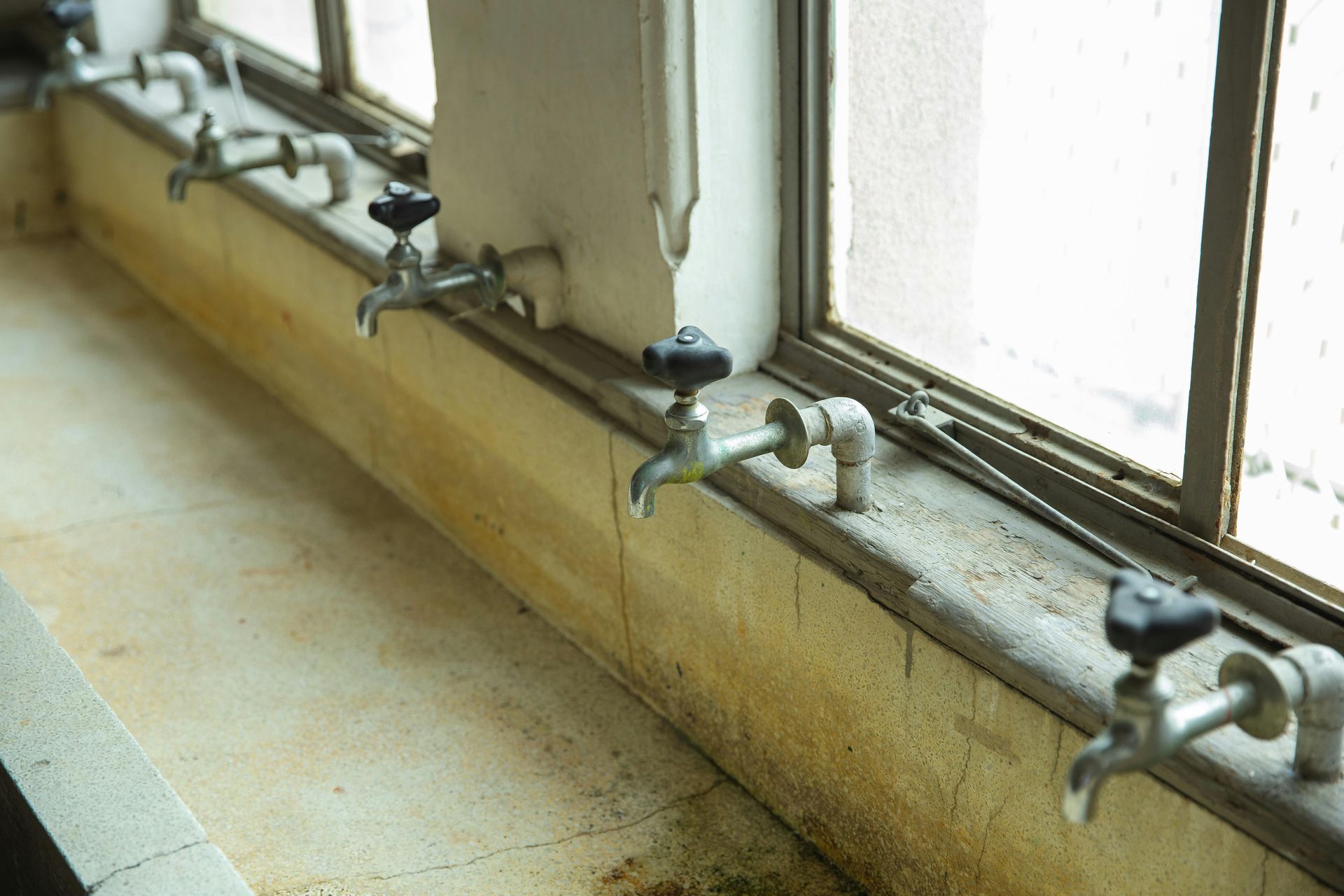Mold Remediation Pittsburgh, Pennsylvania

Remediation of a Mold Problem
The job of a mold remediation professional in Pittsburg, such as a mold remediation company near me, is to either remove the mold completely or to prevent it from returning. Mold removal can be very costly, and this is why many mold remediation companies in Pittsburg choose to offer mold control instead of removing it. Although mold removal is desirable, mold remediation also has its pros and cons. The goal of this process, especially for mold remediation in Pittsburgh, PA, is to ensure that mold is not a reoccurring event, which can be very detrimental to your health and the environment.
Professional Mold Removal Services in Pittsburgh, PA: What You Need to Know
Mold removal
Pittsburgh, PA is typically the work of a mold specialist, usually a plumber or a certified mold inspector. The specialist will test for mold, determine if it is currently present, and recommend actions for removing the mold problem. A mold specialist may decide to use mold control products like HEPA air scrubbers or other cleaners that do not damage the actual mold growth itself. These products, often provided by Pittsburgh mold removal companies or Pittsburgh mold removers, typically have residual effects for up to two years, although some products are effective in just a few days. This is why it is important to purchase a product from a reliable mold removal company in Pittsburgh that has been proven to work, as opposed to one that is being sold for false hopes.


Contact Us
We will get back to you as soon as possible.
Please try again later.
What should you do if you want to take out Mold yourself?
If you choose to attempt the removal on your own, it is important to know what you are doing. When you begin, it is important to identify your moisture source. Most people start by finding the source of water leaks, which can be an open plumbing line, excess moisture in the air, or leaking roof tiles. Once you have determined the source of your leak or leaky roof tile, find a good place to begin the mold cleanup. Once the area has been cleaned, then you will need to look for mold growth.
What do you need to start?
To effectively begin the mold remediation process, there are a few items needed. These items include HEPA air scrubbers, sponges, mold removal products, bleach, dust masks, and rubber gloves. Some items may already be in your home, but it is important to purchase new supplies especially if they have not been used in the last six months. Be sure to disinfect everything you are going to be using to clean mold spores from building materials. Spores are extremely harmful and can cause severe respiratory problems and even death if inhaled for too long of a time. Make sure you use HEPA air scrubbers and other germicidal cleaners when dealing with mold spores in order to ensure the safety of everyone in the home.
What are the options you can take?
When it comes to the removal, there are two main options. You can either hire a mold removal professional to come in and perform the process professionally, or you can do it yourself. There are benefits to hiring mold professionals especially if you are not skilled at removal or do not have the proper tools and equipment to complete the process. Mold removal experts will most likely use high-end mold-killing chemicals and equipment in order to get rid of mold. In contrast, do-it-yourself mold removal kits are cheaper and do not pose as many health risks.
Ensuring Proper Ventilation During Mold Remediation
One of the most crucial steps in mold remediation is ensuring that the affected area is properly ventilated throughout the cleaning process. Professional mold experts in Pittsburgh, particularly those experienced in mold inspection and testing, will isolate and seal off the mold spores during their inspection. However, if there are individuals in the home who are allergic or sensitive to mold, a poorly ventilated area can pose serious health risks. To mitigate these hazards, it’s essential to have an exhaust system and a dehumidifier in place to remove excess moisture. Hiring professional mold cleanup companies ensures that the remediation process is thorough and addresses potential health concerns.
The Role of Dehumidifiers in Preventing Mold Growth
After the mold inspection is complete, dehumidifiers should be installed to rapidly reduce moisture levels in the environment. This is crucial to prevent mold spores from growing. Dehumidifiers also help remove excess moisture from building materials, such as wood, which could contribute to mold growth on surfaces. Additionally, HEPA air scrubbers should be used to remove any remaining surface mold spores, ensuring a cleaner and safer environment.
Preventing Future Mold Problems with Professional Guidance
Once the mold removal process is complete, mold specialists can advise homeowners on strategies to prevent future mold issues. Following their recommendations is essential to avoid health risks in your home. Mold remediation professionals provide valuable guidance and help you explore options for maintaining a mold-free environment. Before hiring a mold remediation company or foundation repair services, it’s a good idea to check local businesses to find the right experts for your needs.
Need advice on safeguarding your home from environmental damage? Explore
our blog for expert insights and solutions to protect your property!
Frequently Asked Questions
Can mold in crawlspaces affect my health?
Yes, mold in crawlspaces can release spores that may cause respiratory issues, making timely mold remediation crucial.
What is the cost of mold remediation in a flooded basement?
The cost varies depending on the extent of the mold growth, but mold remediation in a basement typically ranges from $500 to $6,000.
How does waterproofing prevent mold growth?
Waterproofing, such as basement sealing and waterproofing, helps control moisture levels, which is key to preventing mold growth.
Is mold remediation covered by insurance?
It depends on your policy. Many insurance companies cover mold remediation if the mold results from a covered event, like a flooded basement.
Can mold return after remediation?
If the underlying moisture problem isn’t resolved, mold can return. Installing sump pumps and proper waterproofing systems can help prevent recurrence.


